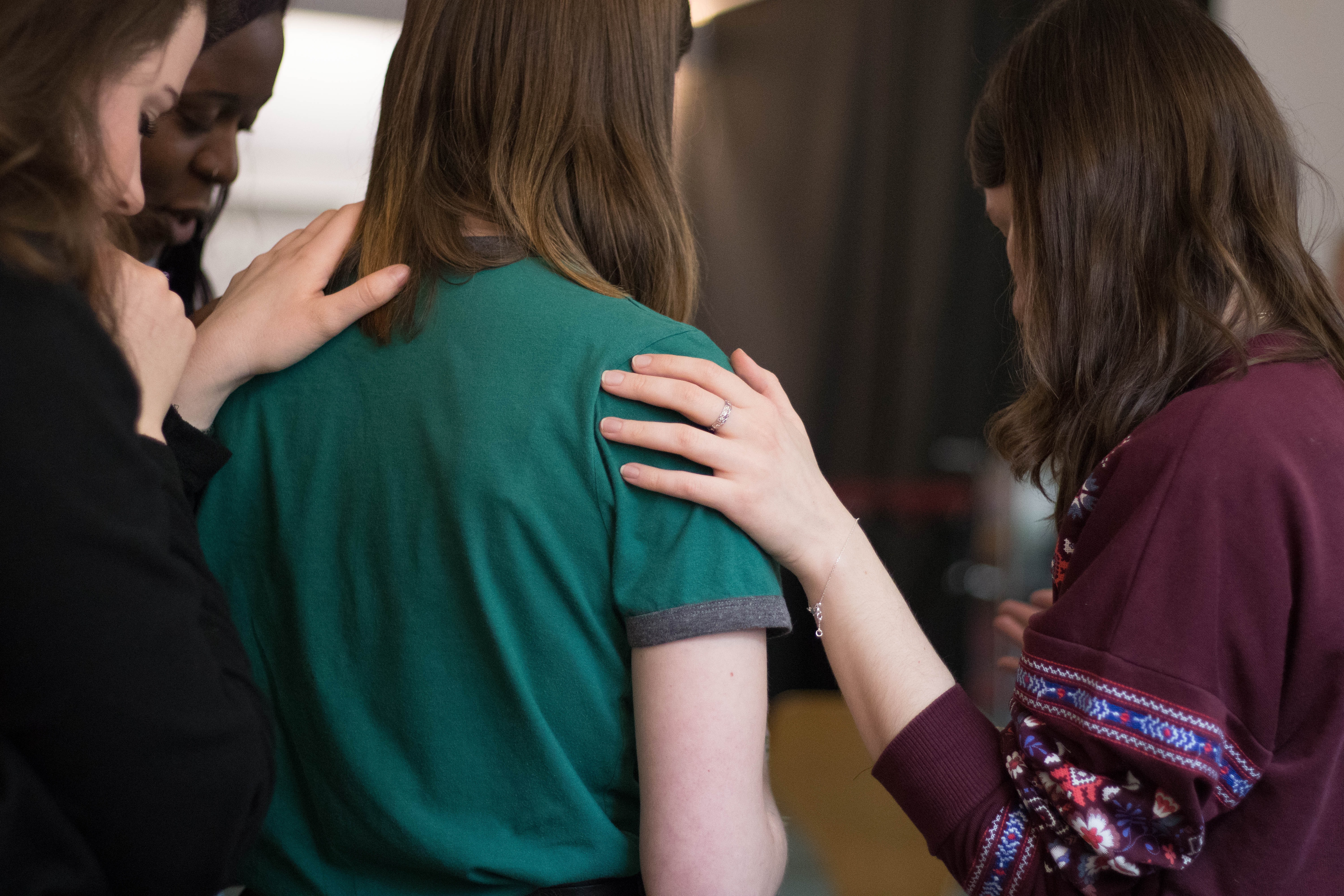Whether the death of a loved one is sudden and unexpected or is one that has been approaching for some time due to chronic illness, the loss will have a significant impact on our emotional state.
Though, the way we all handle the grief will not be the same.
Research to explore why people react differently to death by online mental health service Reach Out Australia, found that factors such as the relationship with the deceased, age, gender, or cultural background played a part.
It is a difficult time and everyone processes grief and loss differently. Not all of us will want to be open straight away about our thoughts and feelings, instead internalising the grief.
Grief counsellors warn that while it’s often easy to lock yourself away and not ask for help when someone close dies, this may have detrimental, long-term effects on your mental health. They recommend reaching out to someone you trust and feel comfortable expressing your feelings with as one of the key elements to aid yourself in the healing process.
Katrina Weller, a Melbourne based grief and loss educator, understands the challenging nature of opening up to those around you after losing someone you hold dear.
At the young age of 15, Katrina lost her mother to cancer and found herself without people to turn to. Those around her, including her friends at school, had not experienced this type of loss.
“I found it hard to share how I was feeling with them, and my friends often avoided talking about it,” she recalls.
“While it may be difficult to know what to say or fear of saying the wrong thing, most grievers don’t like it when people say nothing. It can make the griever feel isolated, alone and forgotten.”
A small gesture such as a text message or prayers can make the grieving person feel supported and heard.
She also emphasises the importance of finding the right people to speak with.
For Katrina, one of these people was her best friend’s mother, as she struggled to express what she was feeling with her immediate family in fear of making them feel worse.
“When someone dies, it can be overwhelming. Often the last thing you want to do is research support groups, reach out to friends and help lines, or do things to help distract you,” she said. However, from her own experience Katrina says it’s important to make use of the world of resources and services available, even if it is just one person you can connect and be candid with.
She encourages people to utilise services such as Grief Line to help work through the grief. These services are just a phone call away to listen without judgement and connect you with local groups in your area or online tools, that can provide hope and assistance during the difficult time.
Katrina’s Tips
- Find at least one group or person that you can connect with who you trust and can open up comfortably to.
- At the start of each day, write down three things you would like to achieve. This may be as simple as making your bed. If you can do one of these things, congratulate yourself.
- Don’t be afraid to set boundaries and make them known to your support network. Often it can become overwhelming when lots of people are trying to comfort you. Don’t feel bad if you want some space.
- Know that there isn’t a timeline to grief, nor is there a right or wrong way to feel it. Whilst not all grief looks the same, all grief is valid.
About Katrina
Katrina Weller is the founder of Grow with Grief, a platform that provides grief education and support to schools, businesses, and local communities. Through workshops, seminars and community events, Katrina believes that talking about grief doesn’t need to be all doom and gloom and that together, we can make the uncomfortable, comfortable.
Insta: @growwithgriefhq
Website: http://www.growwithgrief.com.au
LinkedIn: https://www.linkedin.com/in/katrinapreislerweller
For further reading on strategies for coping with grief, how to have conversations, and different human responses to loss; visit the following links:
https://yourloss.com.au/2021/09/02/all-about-anger-the-good-the-bad-and-the-coping/
https://yourloss.com.au/2021/09/02/self-care-in-grief-the-myth-of-keeping-busy/
The information on this website is for general information only and are not (and nor are they intended to be) a substitute for professional medical or mental health advice, nor is it used for diagnosis and treatment. You, or anyone you are concerned about, are encouraged to seek professional medical or mental health advice and treatment from suitably qualified medical and clinical practitioners and providers.
Our full terms and conditions are available here
If you are in crisis or think you may have an emergency, immediately call Emergency 000. If you're having thoughts of self-harm or harm to others call Lifeline on 13 11 23 to talk to a skilled, trained counsellor. If you are located outside Australia, contact your local emergency line directly.






